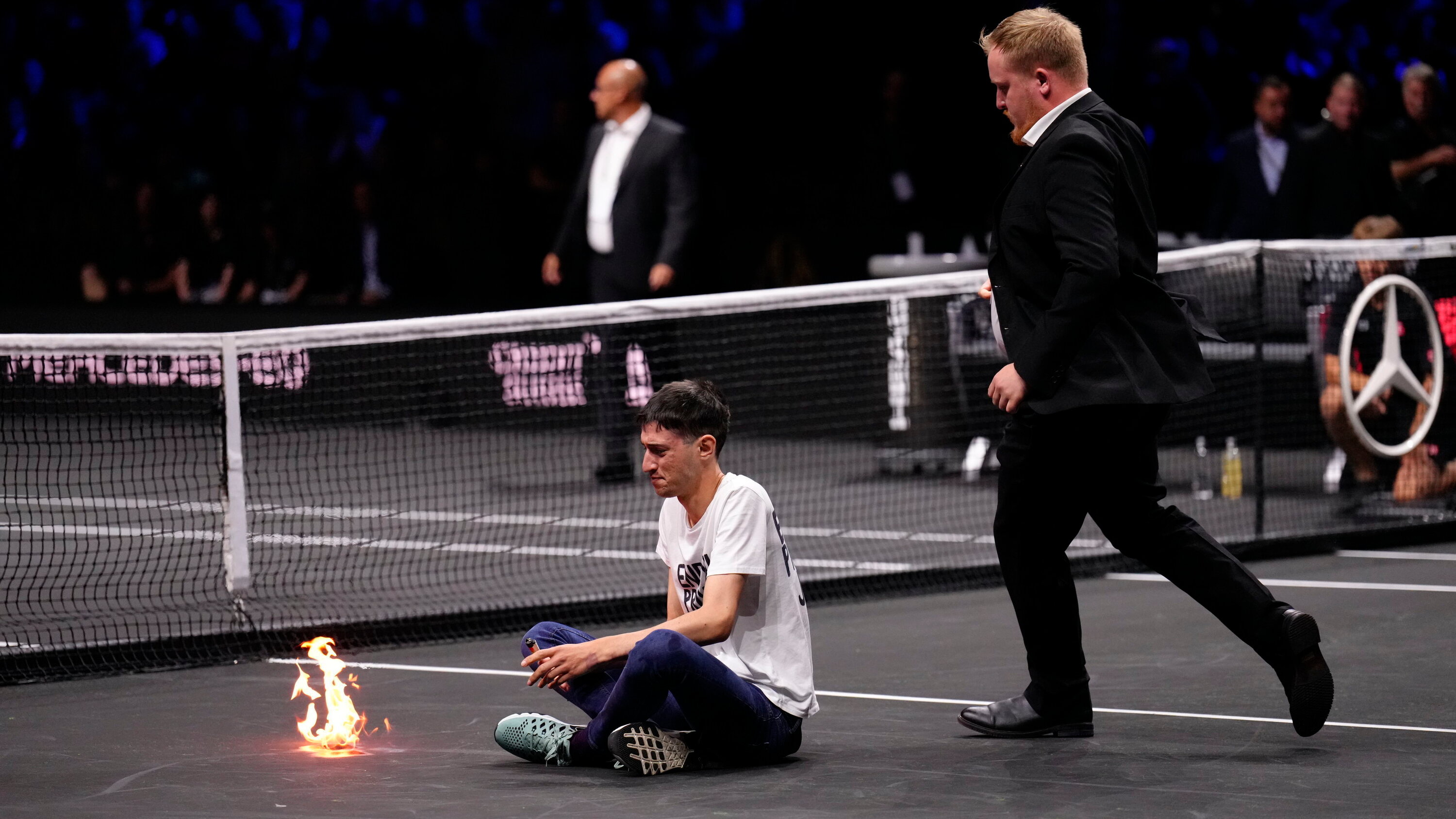Andre Agassi boycotted it from 1988 to 1990
Andre Agassi boycotted it from 1988 to 1990, but no woman dares stand up to the organization or has publicly questioned this issue.
It is an internal debate that no professional wants to put on the public scene. Tennis players have lived almost throughout history with a particular concern for each edition of Wimbledon: that menstruation is present during a match, and that blood passes through their white clothing. The dress code that forces the participants in the Grand Slam to wear this colour causes "mental stress," as reported by some retired players.
Monica Puig put the debate on the table in May after Qinwen Zheng lost to Iwa Swiatek.
The female team does not dare to stand up to this tradition, although, internally, many criticize it. Yes, the Puerto Rican tennis player Mónica Puig put the debate on the table in May after Qinwen Zheng lost to Iwa Swiatek, the fittest tennis player today after menstruation arrived in the middle of the Roland Garros match after winning the first set: "You have to make it public because it causes mental stress."
Wimbledon prides itself on its dress code devised in the 1800s to minimize sweat stains on coloured clothing. Andre Agassi boycotted them from 1988 to 1990 because he wanted to play in more flashy clothes, while Roger Federer made a vain attempt to play in orange shoes in 2013. In the women's draw, Martina Navratilova was not allowed to play in blue stripes in her lap, but she did not do it to end this tradition that worries tennis players.
Serena Williams, during a 2018 Wimbledon match returns
The closest there has been to such a boycott of women at the British Open is when Tatiana Golovin showed up in 2007 in red shorts she forgot to take off. Since then, organizers have clamped down on colored underwear. Rennae Stubbs, a two-time Wimbledon women's doubles champion, says, "we've all talked about it in the dressing room." But no relevant professional launches this debate in public.
Rebecca Marino
Rebecca Marino, another tennis player at Wimbledon for these two weeks, also explains in The Times that "it is the worst fear of all" to live with the thought "that you will get your period at Wimbledon and not expect it." There is an unwritten history in women's sport of games, medals, and trophies lost due to the menstrual cycle.
The organizers have redoubled their efforts around the health of female athletes: from the availability of sanitary products in the changing rooms to a dedicated medical team to support the players while their period seriously affects them. It happened to former World No.
Heather Watson
I walked off the court, looked at myself, and said, 'Oh my God! I hope there aren't any photos where it shows." One of the reasons why this debate has not come out was because menstruation was a taboo subject. It is not anymore.



Login To Leave a Comment